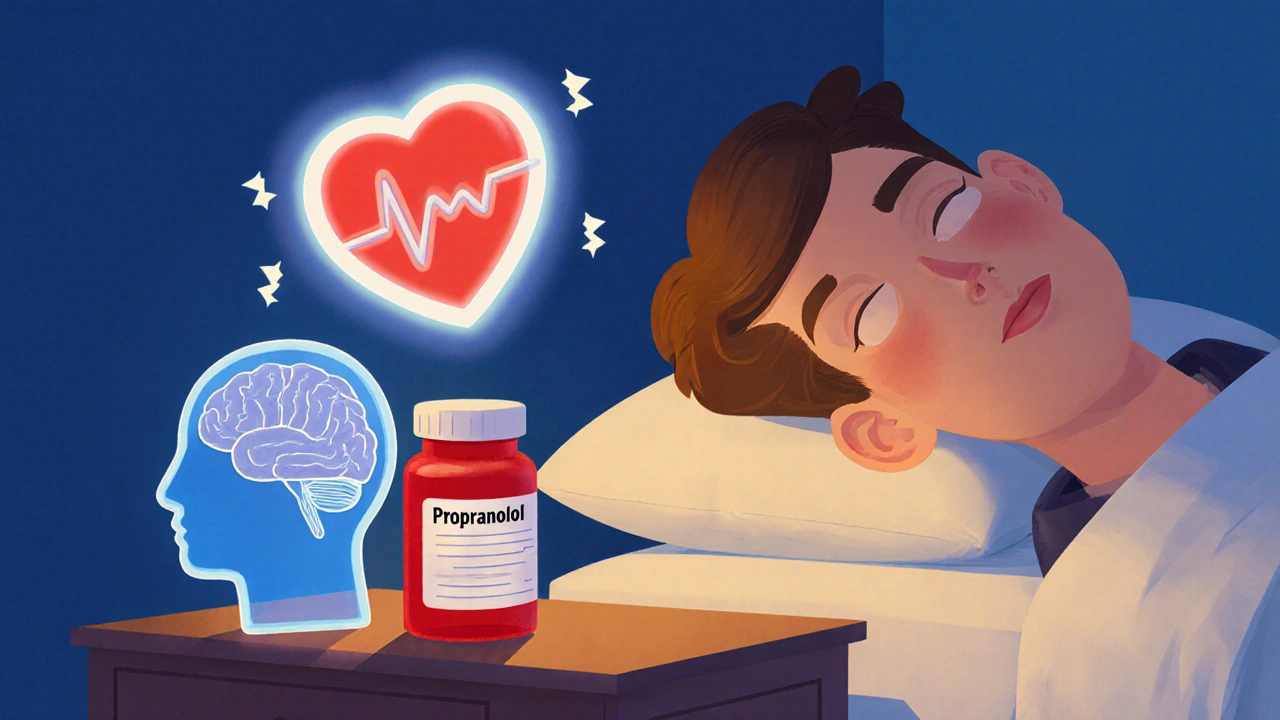Beta Blocker Side Effects
When dealing with beta blocker side effects, the unwanted reactions that can appear after taking beta‑adrenergic blocking medicines. Also known as beta‑blocker adverse effects, it matters because these reactions often dictate how a patient manages beta blockers, drugs that lower heart rate and blood pressure for conditions like hypertension, high blood pressure that strains the heart and vessels. Understanding the link between beta blocker side effects and heart disease, any disorder affecting the heart's function helps you and your doctor choose the right dose or even a different cardiovascular drug, any medication that influences the heart or blood vessels. In short, the side‑effect profile shapes treatment decisions and quality of life.
Beta blocker side effects encompass a range of symptoms. Common ones include fatigue, cold hands or feet, and reduced exercise tolerance. Less frequent reactions are sleep disturbances, vivid dreams, and sexual dysfunction. These effects happen because beta blockers block adrenaline receptors, slowing heart rate and lowering blood pressure—a process that also slows down other body systems. For patients with hypertension, the medication’s blood‑pressure‑lowering action is the goal, but the same mechanism can cause dizziness when standing up quickly. That’s why clinicians often monitor blood pressure and heart rate after starting therapy. If side effects become too bothersome, they might switch to a cardio‑selective beta blocker, which targets heart receptors more specifically and spares other tissues. The choice between a non‑selective and a cardio‑selective agent reflects how the side‑effect profile interacts with a patient’s other health issues, such as asthma or diabetes.
What to Watch For and How to Manage
Knowing what to expect lets you act fast. If you notice persistent fatigue, talk to your doctor—sometimes a lower dose or a different timing works better. Cold extremities often improve with warm clothing or a slight increase in dosage. Sexual side effects may be mitigated by switching to a beta blocker with fewer effects on the nervous system. In all cases, never stop a medication abruptly; the body needs time to adjust. Your doctor may suggest a gradual taper to avoid rebound high blood pressure, especially if you’ve been on treatment for heart disease. By keeping an eye on blood pressure trends, heart rate, and any new symptoms, you’ll have the data needed to fine‑tune therapy.
Below you’ll find a curated list of articles that dive deeper into specific beta blocker side effects, the science behind them, and practical tips for handling each one. Whether you’re just starting a beta blocker or have been on one for years, this collection offers the insight you need to stay comfortable and in control.
How Propranolol Affects Your Sleep and What to Do About It
Learn how propranolol can disrupt sleep, why it happens, and practical steps to improve rest while staying on the medication.
View more
